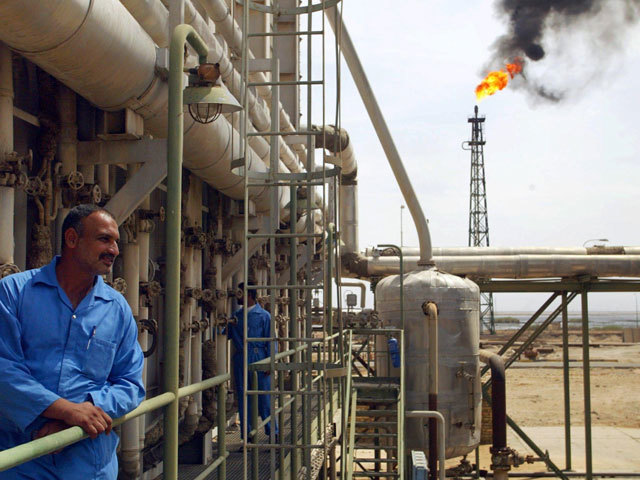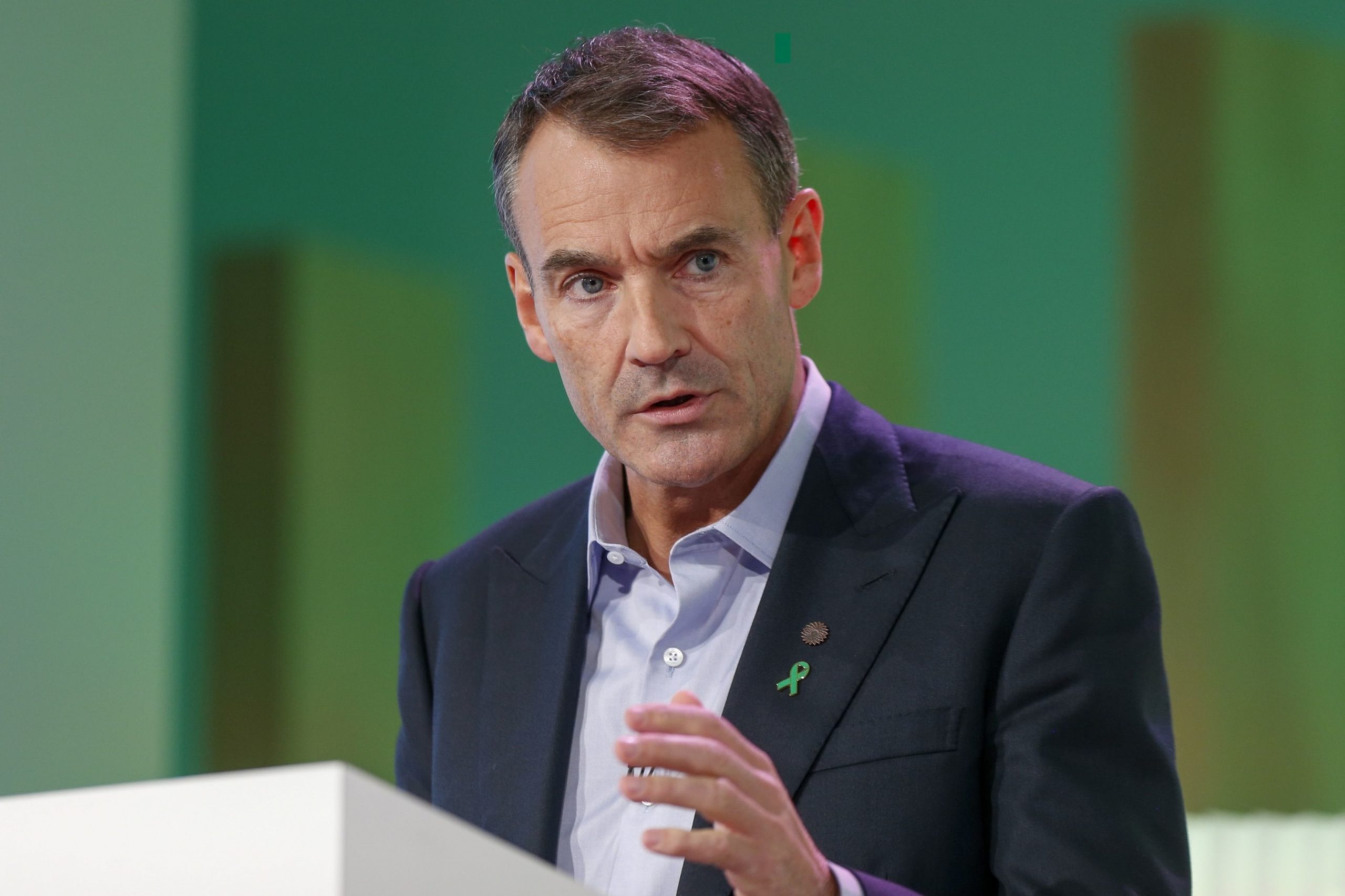
Iraq’s Oil Minister Adel Abdul Mahdi suspended his participation in the cabinet, citing disarray in government ministries in OPEC’s second-biggest supplier.
Abdul Mahdi said in a letter posted on his Facebook page that he assigned his duties to Deputy Oil Minister Fayyad Al- Nima. Abdul Mahdi said he was suspending his duties until parliament votes on a resignation letter he submitted last year. The letter, which wasn’t accepted at the time, said Abdul Mahdi was resigning to enable the prime minister to make necessary reforms and fight corruption.
He attributed his decision to an “atmosphere of uncertainty and disarray dominating the government ministries ahead of a partial or complete cabinet change.”
Abdul Mahdi’s decision is related to a reported plan by Prime Minister Haidar al-Abadi to reorganize his cabinet, as well as to pressures from fellow Shiite Muslim leaders including cleric Moqtada Al-Sadr, said Richard Mallinson, a London-based analyst at consultant Energy Aspects Ltd. Al-Sadr demanded earlier this month that the government resigns.
“Sadr has been criticizing corruption and the way oil revenues are distributed — he called for oil revenues to be shared out to all citizens a few days ago,” Mallinson said. “The Shiites in the south don’t feel they see the benefits from most of Iraq’s oil being produced in their back yard.”
The prime minister will propose a new cabinet line-up to parliament next week for approval, his spokesman, Saad Al- Hadithi, said by phone. The decision came after Abdul Mahdi suspended his participation in the government.
Iraq holds the world’s fifth-biggest crude oil reserves. A 28 percent drop in oil prices has squeezed state revenue as the Abadi government wages a costly campaign against Islamic State militants who have seized parts of northern Iraq.
During Abdul Mahdi’s term, Iraq increased its oil production from 3.3 million barrels a day in October 2014 to as much as 4.5 million barrels a day in January this year, according to data compiled by Bloomberg. Output eased to 4.38 million barrels day in February.
Abdul Mahdi, born in 1942 in Baghdad, became oil minister in October 2014, according to the website of the Organization of Petroleum Exporting Countries. He served earlier as vice president, from 2005 to 2011, and as minister of finance, from June 2004 to April 2005.
He graduated from the University of Baghdad in 1963 with a bachelor’s degree in economics. He earned a master’s degree in political science at the International Institute of Public Management in Paris in 1969 and a master’s degree in economics at France’s University of Poitiers in 1972.
Recommended for you
